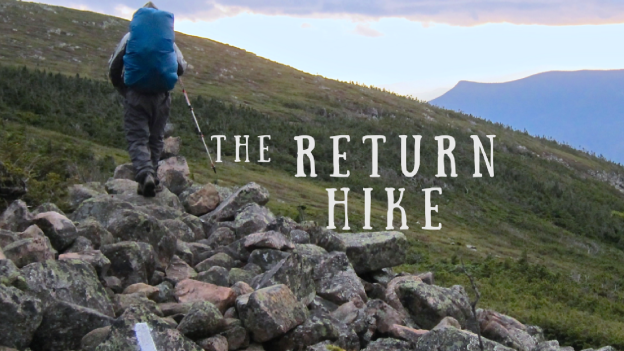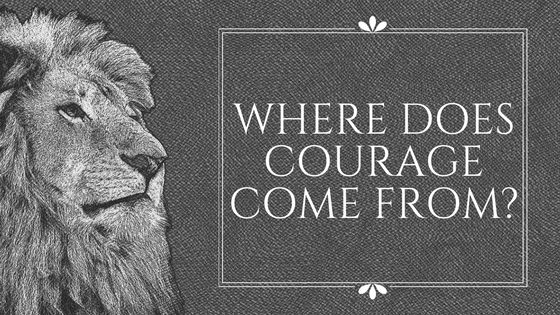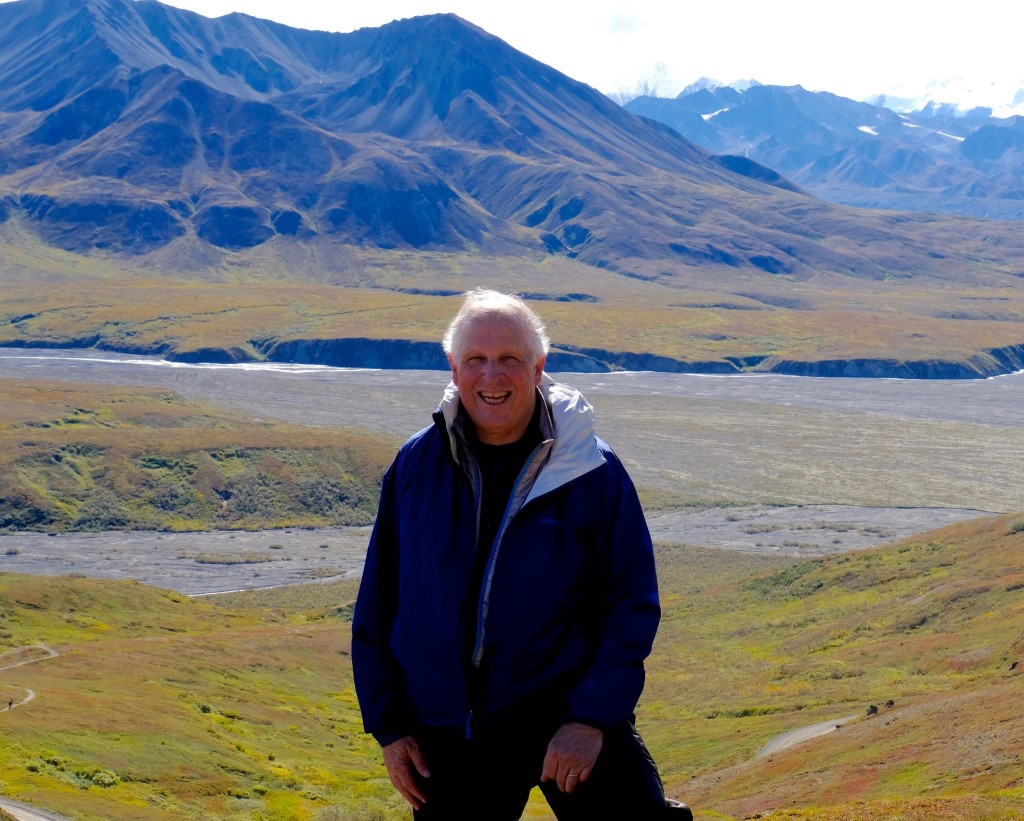John 10:8–10—All who have come before me are thieves and robbers, but the sheep have not listened to them. I am the gate; whoever enters through me will be saved. They will come in and go out, and find pasture. The thief comes only to steal and kill and destroy; I have come that they may have life, and have it to the full.
Author Archives: kelly
Night Is Coming
John 9:1-7—As he went along, he saw a man blind from birth. His disciples asked him, “Rabbi, who sinned, this man or his parents, that he was born blind?” “Neither this man nor his parents sinned,” said Jesus, “but this happened so that the works of God might be displayed in him. As long as it is day, we must do the works of him who sent me. Night is coming, when no one can work. While I am in the world, I am the light of the world.” After saying this, he spit on the ground, made some mud with the saliva, and put it on the man’s eyes. “Go,” he told him, “wash in the Pool of Siloam” (this word means “Sent”). So the man went and washed, and came home seeing.

What is Man?
This is not another discourse on gender politics. Actually, “What is Man?” would be the title of a dream course I would love to teach to college freshmen. What a wonderful antidote to so much of the nonsense being shoveled to students today! Here are some of the things I would teach in this imaginary “Introduction to Man” course.
“What is man?” is an ancient question, and most of the answers offered up move to the plural tense of “man” whereas the question, I believe, is truly singular in intention.
In Genesis we are given more than a clue when we read:
So God created man in his own image (Genesis 1:27)
In the image of God he created him; (Genesis 1:27)
male and female he created them (Genesis 5:2)
But soon enough these creatures made in the image of God find themselves exiled and alone in a world full of suffering and death. Cain kills his own brother and cries out in anguish:
My punishment is more than I can bear.
Behold, you have driven me today away from the ground,
and from your face I shall be hidden. I shall be a fugitive and
a wanderer on the earth, and whoever finds me will kill me. (Genesis 4:13-14)
Basic human themes are embedded in these passages from the first book of the Bible. Man is an exile, a wanderer, a sufferer and he needs to account for this condition. Why does this happen? Why does life seem so tragic when each one of us seems to have been designed for relationship and community?
Job, a virtuous man, experiences unspeakable suffering. He has lost every good this world can provide and no explanation can answer the questions that spill forth from his broken heart. Here is the ultimate question:
Has not man a hard service on earth,
And are not his days like the days of a hired hand?
Like a slave who longs for the shadow,
And like a hired hand who looks for his wages,
So I am allotted months of emptiness,
And nights of misery are apportioned to me….
What is man, that you make so much of him,
And visit him every morning
And test him every moment? (Job:7)
These questions (and many more like them) rise out of a heart struggling with dashed expectations. I believe we are born into this world with expectations that arise out of eternal longings. When we find ourselves yearning to escape our alienated plight, we are merely avowing the reality of the condition of a heart seeking to recover an essential element in our nature lost long ago. This is the condition of man after the Garden and before the crucifixion of Christ. Without Christ we remain exiles and the desires of our hearts are never assuaged. What is man? One of the best answers ever given ironically came from the mouth of one of Christ’s enemies: “Here is the man.”

The Return Hike
I have often said that no two hikes on the Appalachian Trail are the same. But what if you return to a section of the trail you hiked years earlier? Certainly that must be less exciting than the first time, right?
The truth is every hike is different no matter how many times you covered a particular part of the trail before. It could be raining this time. It could be winter rather than spring. You may be hiking with different people. The miles underfoot are perhaps familiar, but almost everything else is brand new. I promise.
The last piece I wrote was called A Shadow in the Corner. It was an ominous story about climbing to the summit of Bromley Mountain in Vermont only to encounter a situation that forced me to quickly alter my plans. I sensed danger and I decamped as quickly as possible from the place.
But last week I returned to the same summit to find the place warm and inviting. The ski cabin was much smaller than I remembered and the summit of Bromley was bathed in the warmth of a July afternoon with a cooling breeze cutting across the open land. What had been threatening, now was soft and friendly. Hikers walked around with cameras or sat here and there in small clusters eating a sandwich or some cookies.
Time had not changed the place at all. Time had changed me for sure as sixteen years is a long time in anyone’s life. No, my return to the summit of Bromley recalibrated my memory, altering the reality of the first visit with new images that modified what I had experienced before. The original experience magnified the size of the cabin making the man more dangerous in my mind than he actually might have been. But the rain, time of day and the fear than comes from being alone made the cabin and the summit itself a dangerous place for me and I carried that feeling over the years until it was refreshed a few months ago.

A Shadow in the Corner
I recently hiked a piece of the Appalachian Trail in Vermont. I’d hiked it before—I’ve done the entire trail—but hadn’t been up that way for years. And I can’t say the Vermont section of the trail is a personal favorite, but I’ve had my moments.
Many years ago, when I hiked that same section of the trail—to the summit of Mt Bromley, a popular ski destination in the winter—I remember having begun late so I did not get to the top until twilight. My guide book had mentioned a ski shelter located near the trail so because several thunderstorms had rolled through during my trip up the mountain, I headed in that direction.
It turned out that the shelter was a large enclosed building. I entered into a spacious common room that was drenched in shadows as the light of day was waning outside. Suddenly, I realized I was not alone. Across the room lurked the shadow of human figure saying not a word. I said hello, not knowing if I was dealing with friend or foe. The figure began moving in my direction, but I did not have enough common sense to fear him. I was apprehensive, but most people on the trail are very friendly and open. My unavoidable “roommate” began telling tales of woe: He had lost his backpack; he had his car stolen; he needed to get off the mountain to attend church the next day.
I absorbed all of this, all the while trying to figure out if I would sleep a wink with my shadowy friend in the room. Ultimately, I decided that the better part of valor was to retreat out the door I had come through earlier and get further up the trail as fast as I could. I felt a little guilty about leaving the young man behind, but when you are alone on the trail it is often better to err on the side of prudence. I will never know what might have happened that night. But perhaps it is enough to know that “the wisdom of the prudent is to discern his way….” (Proverbs 14:8) The “way” in this case was not to stay.

What Are The Odds?
“Josh?” I was resting, attending to my own aching body. We had reached the final leg of the 4.5 mile ascent of the right edge of Exit Glacier. My son Arthur and I had climbed part of the way last year, but this time around, he decided that we should climb to the viewpoint that looks out over the vast Harding Icefield, now part of the Kenai Fjords National Park in Alaska.
Exit Glacier is one of 40 Glaciers connected to the Icefield and is easily accessible to the town of Seward on Resurrection Bay.
The climb to the top had taken about 3.5 hours. We were lucky because this year August has been particularly wet, but not on this day. We could see for endless miles and yet we were looking at only a small fraction of an icefield that nearly equaled the area of the state of Rhode Island.
“Josh?” Arthur had gotten up and had begun walking over to some people resting nearby. I assumed Arthur had run into one of his kayak guide friends and so continued to settle in. Then, Arthur called out to me “Eric, It’s Josh.” I still didn’t register what he was saying or who this Josh might be. Then I saw who it was he was talking to.
Josh Schneider had worked for my company from 2009 through the first half of 2012. He had overseen the launch of the company’s new website, a very complex and crucial job. Then he departed to get a law degree and after graduating, he moved to Anchorage to serve as clerk for a Federal judge.
Before I set off for Alaska, I had contacted Josh but we had never followed up. Then this. Often when hiking, you can be 5 or 10 minutes ahead of or behind someone and never know they are there. It turned out that Josh and his wife Haley had left the visitor’s center about an hour before Arthur and myself. They had taken a few long breaks on the way up and so they reached the top shortly before we did.
So what are the odds? I had been in Alaska for one full day before we decided to climb up the side of Exit Glacier. Josh knew I was coming back to Alaska, but did not know when. He lived in Anchorage, a 2.5 hour drive from this place. I had wanted to meet up with him, but had not followed up after the first phone call.
Maybe it was the sheer size of Alaska that made this meeting seem so improbable. Maybe it was the distance I had travelled to get from New York to Seward. Maybe it was the vastness of the icefield. But I kept wondering what are the odds? I am still wondering about that. What are the odds? Maybe Alaska is the perfect place for questions like that. What indeed are the odds?

A Simple, Courageous Act of Goodness
The Bible is full of seemingly insignificant people who actually become a “crowbar of history” in ways not evident to them or to anyone else at the time. A great early contender might be found in Ruth, in the eighth book of the Old Testament.
As a young woman Ruth finds herself suddenly widowed, leaving her with a difficult choice: Does she remain with her own people in Moab or return to Bethlehem with her mother-in-law, Naomi? She choses the harder path, saying, “Do not urge me to leave you or to return from following you. For where you go I will go, and where you lodge I will lodge. Your people shall be my people, and your God my God. Where you die I will die, and there will I be buried. May the Lord do so to me and more also if anything but death parts me from you.”
Ruth puts everything aside to remain with Naomi. She is certain of one thing: the way will be hard and may even lead to death for both of them. But she will not be dissuaded and so, having no knowledge of what lies ahead, the women return to Bethlehem, the village of Naomi’s ancestors.
But if we pull back to see the larger picture, we slowly become aware that Ruth’s decision to leave her own people and go with Naomi is pivotal to almost everything that will follow. Once back in Israel, Ruth eventually finds protection in Boaz, the owner of a field nearby to where they settle and a relative of Naomi’s husband’s family. Eventually, Boaz takes Ruth as his wife and she gives birth to a son, Obed who will be the father of Jesse who will become the father of David who becomes the King of Israel.
And out of a simple act of kindness and loyalty of one woman to another will emerge a vine that will grow through generations and generations, leading directly to Jesus Christ and from him to his Apostles and disciples and from them to each one of Christ’s followers up to and through this very moment.
Of course, Ruth could not have known the impact of her decision to stay with Naomi. And yet her simple act of grace had cosmic ramifications. Ruth just acted; she could not have known what we now know about how pivotal she is, but her own lack of knowledge was secondary to her courageous act of goodness.

Where Does Courage Come From?
A man approaches Jesus and pleads for help for his afflicted child. The father is at his wits end and he fears that even Jesus will not be able to help. But Jesus replies to the request for help by saying: “If you can! All things are possible for one who believes.” And the father of the child cries out in anguish, “I believe; help my unbelief!” (Mark 9:23-24)
This unnamed father speaks to an issue that touches many of us, even people deeply engaged within the Christian community. There is nothing new about abandoning Jesus. Every one of his disciples fell away in fear as the mob approached the Garden of Gethsemane. Betrayal and abandonment built on a foundation of insufficient belief left the followers in a condition of despair, guilt and shame. Their unbelief overcame their belief and they fled, leaving Jesus behind to be taken prisoner by his enemies.
The passage below is worth reading and rereading because it shows that love is the true foundation of belief and out of this belief in Jesus Christ flows the courage to act even when risks are involved. The women who followed Jesus during his time of ministry show that genuine love overwhelms fear and doubt. “For the one who doubts is like a wave of the sea that is driven and tossed by the wind.” (James 1:6) Unbelief is conquered by one’s love and devotion to Jesus Christ. Then all things do become possible.
Jesus has died. He is a corpse. Those holy women had no expectations. They had seen how he had been abused, and how he had been crucified. How vivid in their minds was the violence of the Passion he had undergone!
They knew, too, that the soldiers were keeping watch over the place. They knew that the tomb was sealed shut. “Who will roll away the stone for us from the door?” they asked themselves, for it was a massive slab. But all the same, in spite of everything, they went to be with him.
Look: difficulties, large and small, can be seen at once. But if there is love, one pays no heed to these obstacles: one goes ahead with daring, with conviction, with courage. Don’t you have to confess your shame when you contemplate the drive, the daring, and the courage of these women?
Italicized Passage from The Forge by Josemaria Escriva

Selling Your Book: Part Two
When It’s My Own Book
When you’re marketing and selling your own book just about everything changes. And not always for the better. I’ve authored several books prior to Getting to Know Jesus and each has been unique in both its content as well as the journey from concept to bookshelf. And here is what I have experienced thus far with Getting to Know Jesus:
First, it took a full year to write the book. Second, it took three months to have the manuscript properly edited by a good and engaged editor. Third, a great deal of thought and effort went into creating an attractive package. Fourth, I hired a strong marketing team eight months before pub date. And fifth, I had no illusions that the world would beat a pathway to every bookstore to get a copy of my book. In fact, I thought that it would take about a year to lay a foundation that would begin to support my own credibility as an author.
Right now, we are about half way there, but even if sales are not that great, I know that the more I network with radio and TV appearances, the more I speak to audiences and the more word of mouth begins to build, the more I will live up to my own expectations for the book and for myself.

Selling Your Book: Part One
Three Undeniable Truths about Selling Books
It is one thing to advise authors on how to promote and sell their book, but it is an entirely different thing to do it for yourself. Over the course of my publishing career, I have handled literally thousands of titles. Sometimes I dive into the trenches and become deeply involved in packaging, printing, sales and marketing and at other times, I play a peripheral role. Let me share three undeniable truths that I tend to live by when dealing with someone else’s book.
No one can predict how well a book will sell. Very wealthy authors have spent millions promoting their title with little to show for it in the end. People with a strong personal brand will always have an advantage, but even fame can sometimes disappoint when it comes to book sales.
The public is usually indifferent to your book. What may be important to you just may not mean very much to the rest of the population. It is up to the author to persuade the public to care. Writing a book may primarily engage the intellect, but selling is all about heart. You really do want people to care, almost as much as you do; authentic passion about your book will open all kinds of doors. An important corollary to this is finding the best way to communicate your passion to the wider world.
Little details are important. The book jacket should catch the eye. The text should be attractive and easy to read. And the publishing team should be well informed and committed. While it is your vision and ability that was of greatest importance in the beginning, it is the quality and commitment of your team that will carry you toward the finish line.
